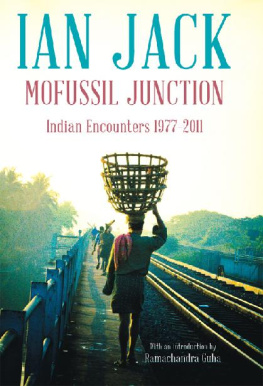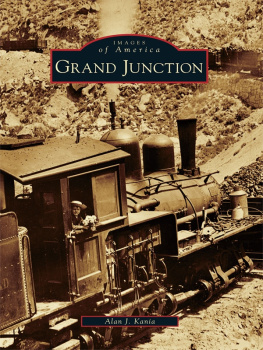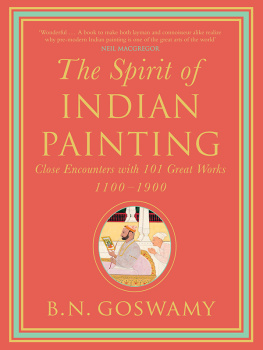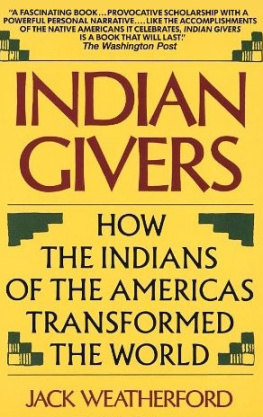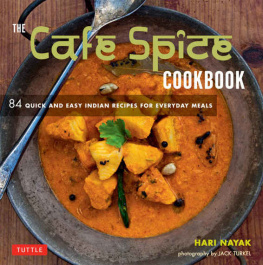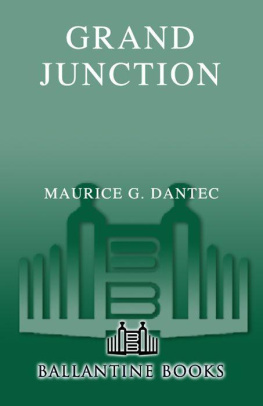Ian Jack
MOFUSSIL JUNCTION
Indian Encounters 19772012
Contents
BY THE SAME AUTHOR
Before the Oil Ran Out
The Country Formerly Known as Great Britain
For my many teachers in India
Introduction
Ramachandra Guha
I first met Ian Jack in the pages of the Telegraph . The year was 1983. The newspaper was bold (in design and content), and young (in letter and spirit)its editor and proprietor were both in their early thirties. I had just fallen out of love with Marxism, the disenchantment hastened by an all-night reading of George Orwells Homage to Catalonia . To move me further along, a friend had gifted me a four-volume edition of Orwells essays and letters. It was in this frame of mind that I encountered Ian Jack, in the shape of a column on Orwells place of birth, the small town of Motihari in Bihar.
Thirty years later, I am still reading Ian Jack, once more in the Telegraph , and also in other places such as the Guardian and the New York Review of Books . As he has grown older, his prose has retained its sparkle and its reportorial attention to detail. He is a writer who is both curious to know and hesitant to judge. His politics is akin to Orwellsdemocratic socialist or social democratic, opposed equally to Communist totalitarianism and to the worship of wealth and celebrity. Butand here he is emphatically not like Orwellhe remains a most uncynical man, even in late middle age. He has no time for large theories about humanity in general, yet can find charm, intelligence, wit, and kindliness in individuals in particular.
Mofussil Junction collects three decades of always empathetic and often insightful writing about India. Ian Jack has a deep feeling for the Indian landscape. He is especially good on northern and eastern India, the parts of the country that have changed least in the last twenty years. People and places are here sketched with deftness and authority, and also a sense of mischief. The humour that pervades these pages is often gentle, sometimes sly, but never malicious.
Ian Jacks connection with India goes back several generations. His grandmother was born in Meerut. His father admired Gandhi. He has many friends in this country, as well as some family. The affection comes through in his writings. But he is never sentimental, thus noting that while in contemporary England the words village and the countryside both evoke pleasant, positive feelings, as places where one might find nourishment and beauty, in India they suggest places to be escaped from, just as they were in eighteenth-century Europe.
Ian Jacks landlord in Delhi had grown up in Ferozepur in Punjab and needed to see no more small towns. Jack, on the other hand, likes the qasba as much (perhaps more) than the mahanagar . Much of this book features journeys of exploration into small-town Indiaas in the search for an Anglo-Indian utopia in the depths of what is now Jharkand, the search for the first steam-engine to be used in India (in the riverine town of Serampur), the search for Orwell and the opium trade which his father facilitated in Motihari (here represented in a much longer version of the piece I first read in the Telegraph ). In these essays, we follow Jack through the thrill of the chase, meeting (and liking or disliking) the characters who detain but never derail him.
The part of India Jack knows bestor at least engages with most intenselyis Bengal. As one who shares this interestor fascinationI was moved and enthralled by his portraits of bhadralok writers and activists. Intellectuality is what matters in Calcutta, says Jack. (It does, indeedwhich is why the most common abuse in the city is boka choda fucker of a fool.) Sometimes he can be too kind to his hosts, as when he writes that Bengalis have a tradition of assassination and bombing outrage almost as old as the Fenians (yes, but unlike the Fenians they mostly missed). Yet he writes with love and understanding about the prabas i Bengali as well. There is a quite wonderful portrait of Nirad C. Chaudhuri, the polymath, autodidact, Empire-lover and anglomaniac who spent his last years in obscurity in Oxford. I made the journey to Nirad babus Oxford home myself, and was likewise subjected to an intense, unstoppable parade of useful and useless knowledge, the listing of all Napoleons marshals and all of Beethovens sonatas. Jack sums up the experience exquisitely: It was as though some celestial cigarette-card collection had been emptied over our heads.
Nonetheless, as a Scotsman whose father worked both as a mechanic in a textile mill and as a junior engineer on a ship, Jack has a most un-bhadralok interest in the material side of things. He has a keen understanding of technology and its social impact, writing knowledgeably about the mechanical artefacts he encounters on his Indian journeysamong them printing presses, jute mills, steamships and steam locomotives.
The British are great travellers, and pride themselves on their great tradition of travel writers. I myself find this tradition overratedunder the cloak of self-deprecation it too often mocks other cultures and ways of life. As applied to India, especially, this tradition tends to make much (too much) of the Indian way with the English language. Jack, on the other hand, belongs to a lesser known but in my view more honourable tradition of white men writing about India. Here, the strangeness is noted, the criticism of archaic customs not shirked, yet there remains a real feel for culture in nature, for how different kinds of Indians are embedded in the forests, fields, rivers, mountains, factories, and towns in which they live and die.
One reason Ian Jack writes so well about India is that he is never in a hurry. His preferred mode of transport is the Danapur Fast Passenger rather than the air-conditioned Innova, still less the Airbus 320. The railways are a passion, and this book distils memories of a hundred (and more) train journeys across the Indo-Gangetic Plain, recalling their sounds, smells, and sightings in tender detail.
Reading Mofussil Junction , I was reminded of two other books by British-born writers on IndiaVerrier Elwins Leaves from the Jungle and Bill Aitkens Seven Sacred Rivers . Aitken and Elwin wrote their books as books, whereas Mofussil Junction is an essay collection. On the other hand, while Elwin and Aitken came to India as seekers, Jack came as a reporter. This means that he can write as insightfully about politics as about culture and landscape. In a piece published on the eve of the 1977 General Elections, which most people thought Indira Gandhi and her Congress party would win, he said the misdeeds of her son Sanjay looks likely to lose his mother many votes and could quite possibly cost her the election itself. A 1981 piece on Rajiv Gandhis entry into politics carried the very pointed title: Can Mr Clean Keep out of the Dirt? After describing his image, his coterie, and his vague views on economics, Jack mentioned a company PRO gifting Rajiv with a tray of chocolates and marzipan, while shamefacedly telling the western journalist hanging around nearby: He has a sweet tooth but please not to mention. To this Jack appends the comment: Sweets are certainly only a small obstacle in the path of the righteous. The obstacles can only grow bigger. An essay of 1985 notes, earlier than most, the rise of the Indian middle class, writing that they are no less self-aware than any middle class in Europeand much less insular than the British middle class; while in terms of absolute numbers, say 75 million of them, they represent as large a market as any European nation can offer.



